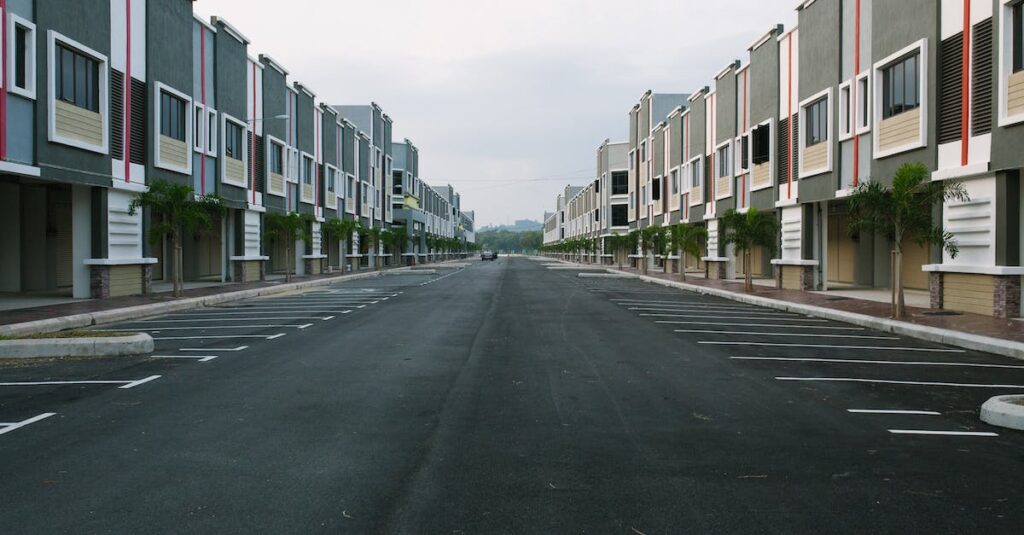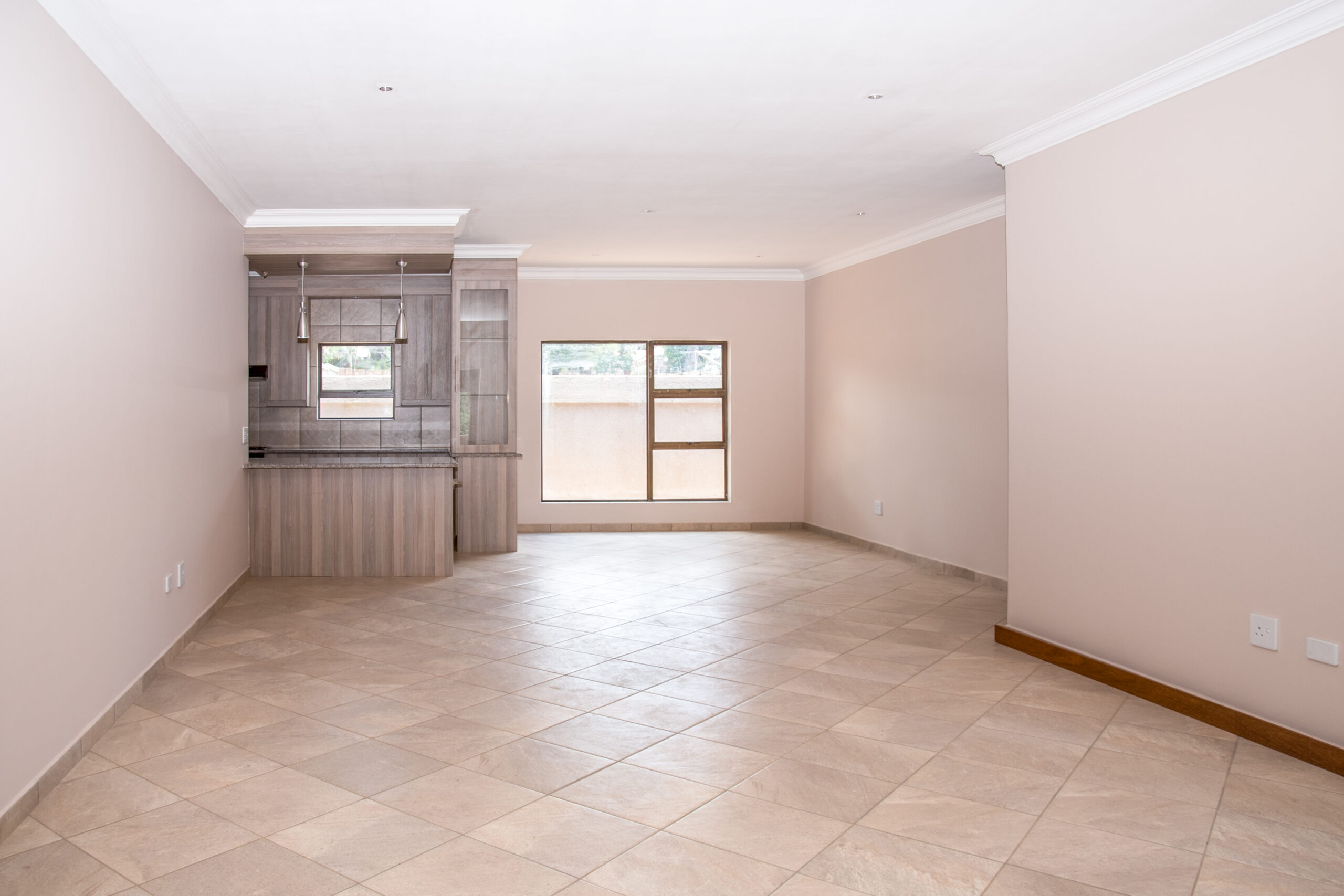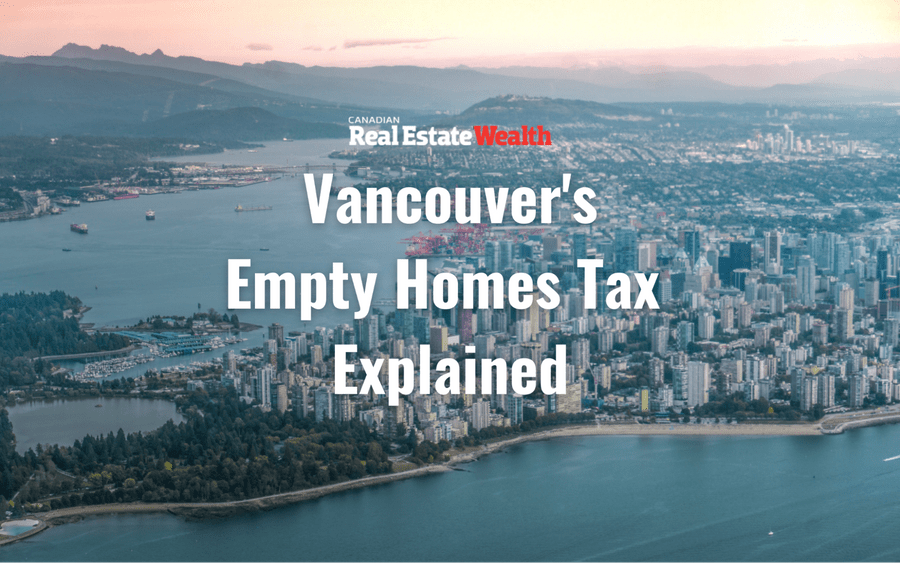Toronto, a city grappling with a housing crisis, has taken a decisive step to increase the supply of housing. In 2021, the city council approved the development and implementation of a Vacant Home Tax (VHT). This tax, aimed at discouraging homeowners from leaving their properties vacant, is seen as a novel approach to tackling the city’s housing issues.
Residential property owners in Toronto are now required to submit an annual declaration of their property’s occupancy status for the previous year, even if they live there. Those who fail to comply, or choose to keep their properties vacant, will be subject to this new tax. This tax, which came into force last year, has made 2022 the first payable year for vacant homes.
The VHT is a little-understood plan, but it has the potential to significantly impact Toronto’s housing market. This article will dive into what exactly the Vacant Home Tax is, how it’s calculated, and how beneficial it could be for Toronto’s housing market.
Benefits of a Vacant Home Tax in Toronto
In the face of a severe housing shortage, the Vacant Home Tax (VHT) is Toronto’s strategic move towards housing affordability and availability.
Decreasing Vacancy Rates
The primary objective of the VHT is to discourage homeowners from leaving their properties vacant. By levying an extra tax on unoccupied properties, the city aims to decrease overall vacancy rates. This approach follows similar strategies employed by other Canadian jurisdictions, like Vancouver, tackling housing shortages.
Increasing Affordable Housing Options
The VHT is not just about penalising owners of vacant properties. It’s also about increasing affordable housing options. By motivating owners to rent or sell, more properties will become available in the market. This increase in supply could potentially make housing more affordable for Torontonians.
Generating Revenue for the City
The VHT also provides a new revenue stream for Toronto. Funds raised through this tax can be redirected towards affordable housing initiatives and renter supports. Vancouver’s experience serves as a pertinent example. Since implementing a similar tax in 2017, the city has generated $115.3 million for housing-related causes.
Encouraging Property Owners to Rent or Sell their Properties
The VHT encourages property owners to make better use of their assets. By renting or selling vacant properties, owners can avoid the additional tax, and simultaneously contribute to alleviating the housing crisis.
Remember, all Toronto residential property owners will be required to submit a declaration of their property’s occupancy status, even if they live there. This will ensure that the tax is applied fairly and that all vacant properties are taxed accordingly.
In sum, the Vacant Home Tax in Toronto is designed to address the housing crisis on multiple fronts. It aims to reduce vacancies, increase affordable housing options, generate city revenue, and encourage property owners to rent or sell their properties.
Implementation Challenges and Considerations
When discussing Toronto’s Vacant Home Tax (VHT), it’s important to consider the challenges and considerations inherent in implementing such a policy. These include identifying vacant properties, determining fair tax rates, considering potential impacts on property values and addressing exemptions and appeals.
Identifying Vacant Properties
One of the primary challenges of implementing a VHT is accurately identifying vacant properties. Accurate data is crucial here. The city must have reliable methods for identifying and verifying vacant homes, which can be complex and resource-intensive.
Determining Fair Tax Rates
Another challenge lies in determining a fair tax rate. The aim is to encourage owners to sell or rent, but the tax shouldn’t be so high that it’s punitive or discourages investment in the city’s housing market. Balancing these factors requires careful consideration.
Potential Negative Impacts on Property Values
There’s also the potential for a VHT to negatively impact property values. If the tax is too high, it could lead to a rush of properties being put on the market, which could potentially cause property prices to fall.
Addressing Exemptions and Appeals
Finally, there’s the issue of exemptions and appeals. It’s important to have clear guidelines about who is exempt from the tax and a fair process for appealing decisions made by the city. This must be handled transparently and efficiently to maintain public trust in the process.
While these challenges are significant, they’re not insurmountable. With careful planning and consideration, a VHT can be a powerful tool in addressing the housing crisis in Toronto. It’ll be interesting to watch how this policy unfolds in the coming years.
Lessons from Other Cities with Vacant Home Taxes
In the quest to address housing affordability, it’s crucial to draw lessons from other cities that have implemented similar measures. Understanding the successes and challenges of these cities can provide valuable insights for Toronto’s own Vacant Home Tax (VHT).
Vancouver’s Empty Homes Tax
In 2017, Vancouver implemented Canada’s first VHT, known as the Empty Homes Tax. The tax was set at 1% of a property’s assessed value if it was not occupied for at least six months of the year. As a result, Vancouver saw a decrease in its empty homes by 15% between 2017 and 2019.
Key lessons from Vancouver’s experience include the importance of:
- Accurate property assessments
- Clear communication with property owners
- Maintaining flexibility in the tax structure to adapt to changing housing market conditions
Paris’ Taxe sur les Logements Vacants
Paris has one of the highest rates of vacant homes in Europe. In 2015, the city introduced the Taxe sur les Logements Vacants, a tax on vacant homes. The tax starts at 12.5% of the rental value in the first year, climbing to 25% in the second year.
From Paris’ experience, it’s clear that a graduated tax structure can be an effective deterrent. However, the city also faced challenges in accurately identifying vacant properties, highlighting the need for a robust tracking system.
Melbourne’s Vacant Residential Property Tax
Melbourne’s Vacant Residential Property Tax, introduced in 2018, taxes properties left vacant for more than six months at 1% of their capital improved value. The tax has shown promising results, with the number of vacant properties in the city decreasing.
Lessons from Melbourne emphasise the importance of a comprehensive approach. Alongside the tax, the city also implemented strategies to increase the supply of affordable housing.
As Toronto moves forward with its VHT, these international experiences provide important context and valuable lessons. While each city’s circumstances are unique, the overarching theme is clear: a well-implemented VHT can be a powerful tool in addressing housing affordability.
Public Opinion and Controversy Surrounding the Vacant Home Tax
Public opinion on the Vacant Home Tax (VHT) in Toronto is divided. Opinions largely fall into two camps: those who believe the tax will benefit the city and those who are sceptical about its potential impact.
Support from Advocates for Affordable Housing
On one side, you’ll find advocates for affordable housing who believe the tax is a step in the right direction. They argue that the VHT can pressure property owners to rent out their properties, thereby increasing the availability of rental housing and potentially lowering rental prices. They point to the success of similar taxes in cities like Vancouver and Melbourne as evidence of the potential benefits.
However, these advocates do recognise that the VHT alone cannot solve Toronto’s housing crisis. They emphasise that it’s a piece of a larger puzzle, which also includes strategies like increasing the supply of affordable housing and implementing rent control measures.
Key Fact: A report from the City of Vancouver showed that its Empty Homes Tax contributed to a 25% decrease in empty homes between 2018 and 2019.
Opposition from Property Owners and Developers
In opposition, property owners and developers often argue that the VHT is an unfair burden. They express concern that the tax could discourage investment in Toronto’s real estate market, which could have negative economic repercussions.
Many argue that the city should instead focus on reducing barriers to construction and development, which would increase the supply of housing and potentially lower prices. They also highlight the difficulty of accurately identifying vacant properties, noting that mistakes could lead to unjust tax bills.
Key Fact: A survey conducted by the Urban Development Institute found that 74% of developers believe taxes like the VHT discourage investment in real estate.
While the debate continues, the impact of the VHT on Toronto’s housing market remains to be seen. As the city moves forward with implementation, it’ll be crucial to monitor the effects closely and adjust the policy as necessary.
Conclusion
Toronto’s Vacant Home Tax (VHT) is a bold move towards addressing the city’s housing crisis. It’s a complex issue, with stakeholders on both sides of the debate voicing their concerns and support. The VHT aims to reduce vacancy rates, bolster affordable housing, generate revenue, and motivate property owners to rent or sell. It’s a strategy that’s been met with mixed reactions. Advocates for affordable housing see it as a positive step, while property owners and developers express apprehension about its fairness and potential economic impact. Lessons from other cities with similar taxes offer valuable insights for Toronto’s VHT implementation. The true effect of the VHT on Toronto’s housing market is yet to be determined and will likely require careful monitoring and adjustments. It’s a dynamic situation that warrants continued attention and discussion.











